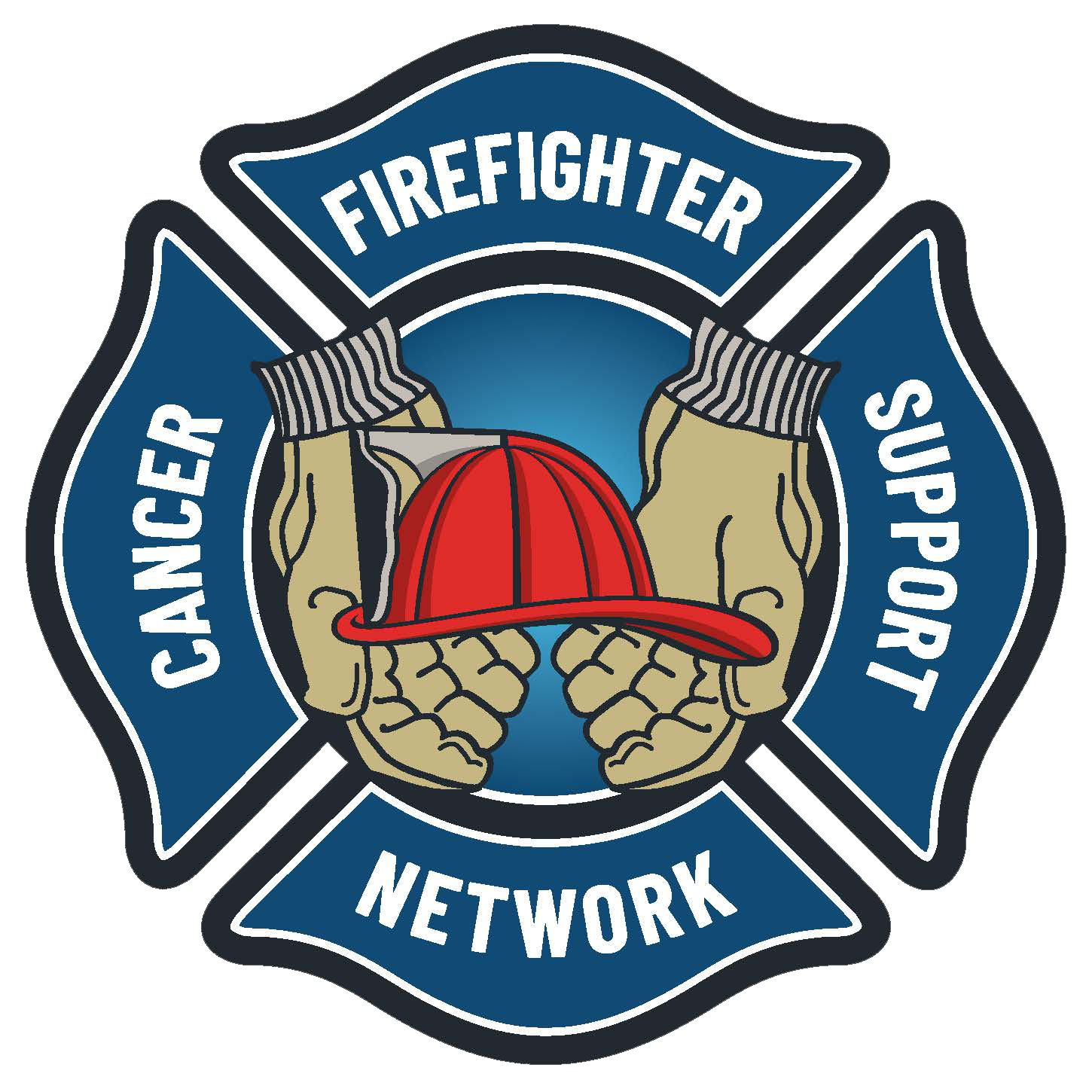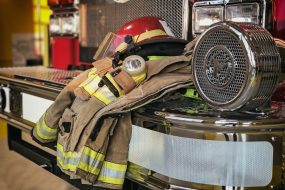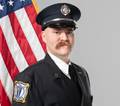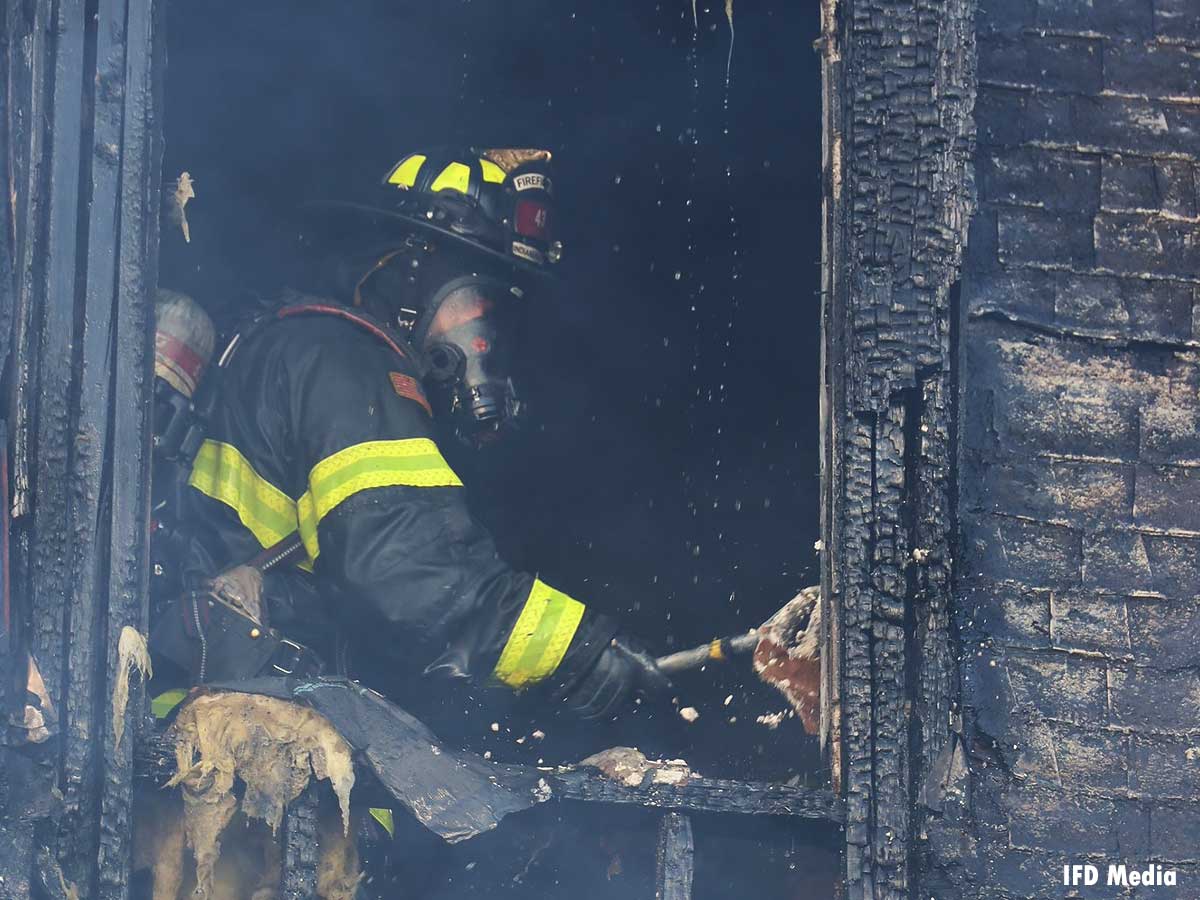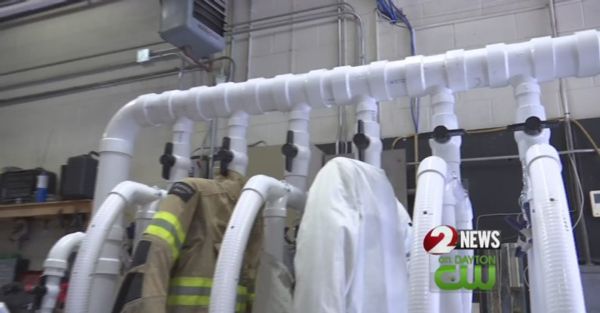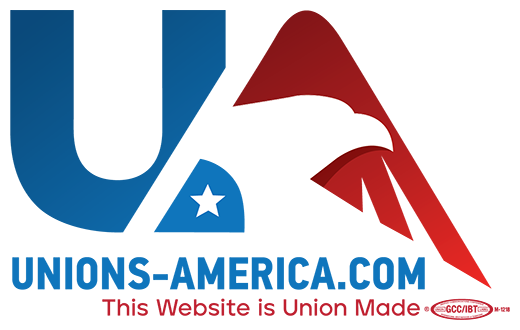-
We are the Washington State Chapter of the
Firefighter Cancer Support Network
|
|
Who We Are
Established in 2011, the Washington State Chapter of the Firefighter Cancer Support Network is a team of Firefighters and Fire Officers who are dedicated to reducing cancer incidents among Firefighters by promoting Best Practices through Policies and Procedures.
What We Do
We are an educational non-profit that provides resources and assistance to Fire Service Organizations. We provide support and guidance to Firefighters and their families when diagnosed with cancer.
How to Get Involved
Join the movement and find the opportunities to protect yourself and your department members. Find resources in the model language section that you can adapt to your department. Get Educated, Be Proactive.
|
|
|
|
|
|
|
|
|
|
Hotel Hilton
301 West 6th Street
Vancouver, WA
|
|
|
Hotel Hilton
301 West 6th Street
Vancouver, WA
|
|
|
Icicle Inn
505 US Hwy 2 Leavenworth, WA 98826
|
|
|
Icicle Inn
505 US Hwy 2 Leavenworth, WA 98826
|
|
|
Icicle Inn
505 US Hwy 2 Leavenworth, WA 98826
|
|
|
|
IMPORTANT LINKS
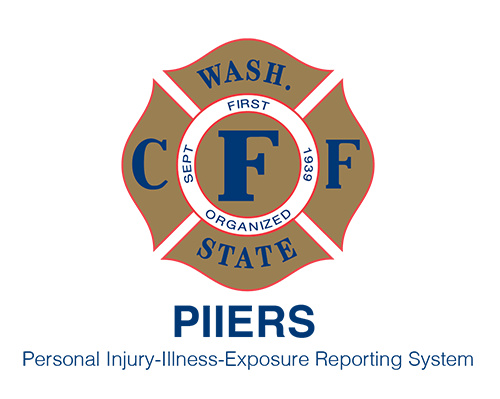 |
|
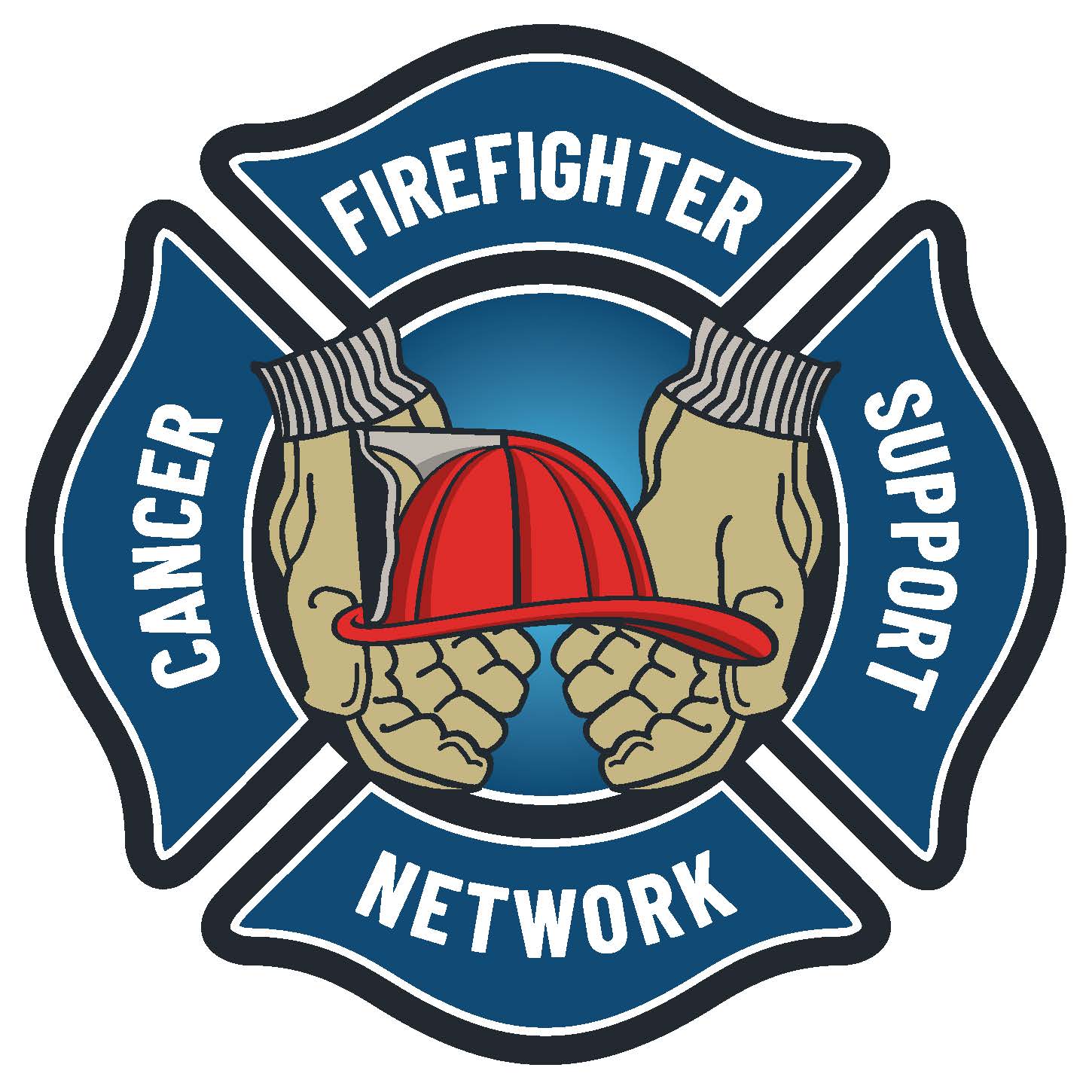
Firefighter Cancer Support Network
|
|
|
|
|
|
|
|
|
|
|
|
|
|
